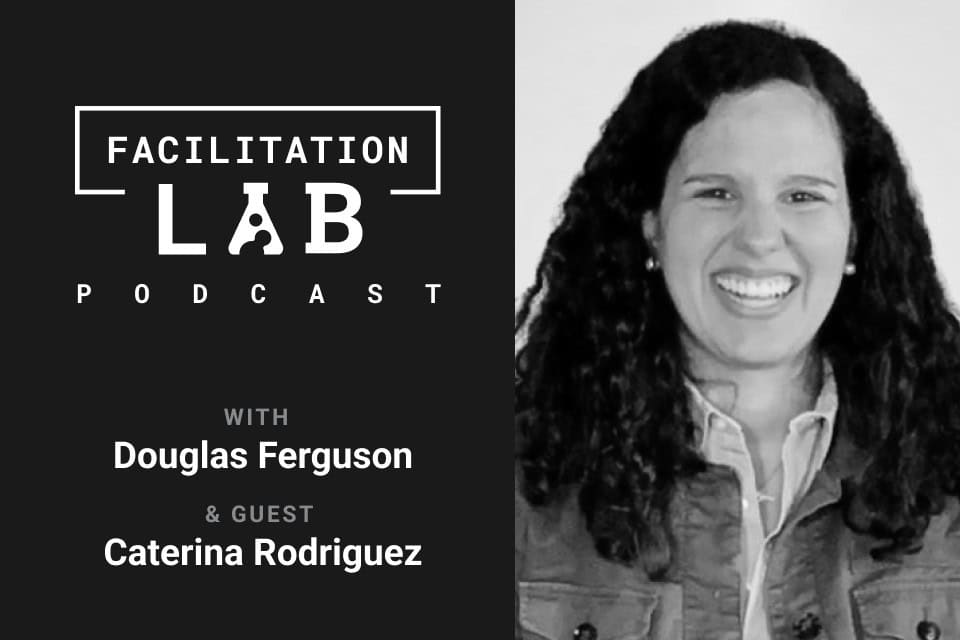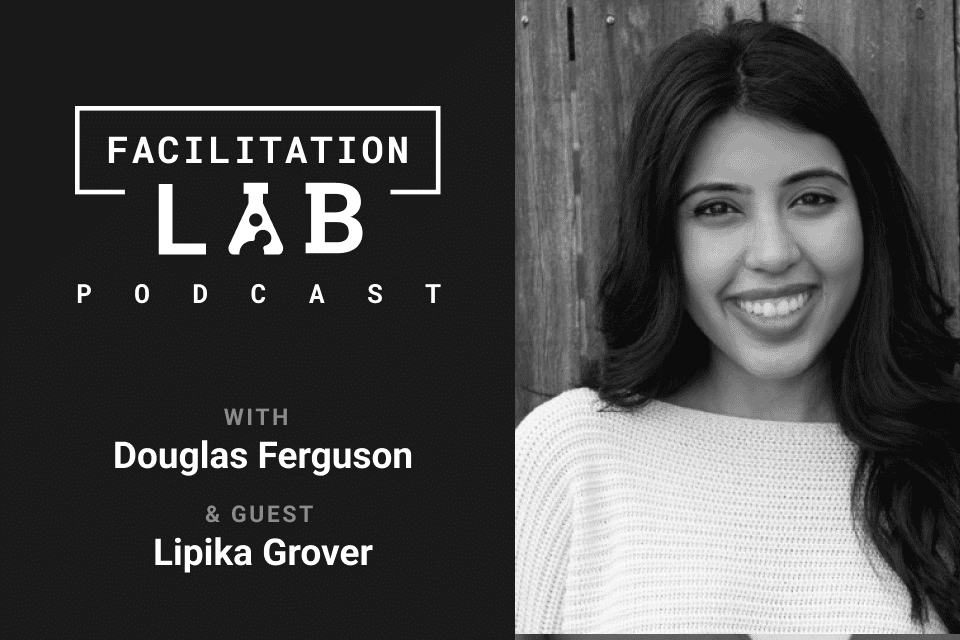
In this episode of the Facilitation Lab podcast, host Douglas Ferguson converses with Caterina Rodriguez (Cat), a facilitator consultant and strategic leader at ADL. Cat shares her journey from anti-bias education to organizational effectiveness, emphasizing the importance of authentic connections in facilitation. She discusses the challenges of adopting a new facilitation style and highlights the transformative power of collaborative group experiences. Kat stresses the need for facilitators to embrace uncertainty and model genuine engagement, advocating for a method-agnostic approach. The episode underscores the value of building trust and fostering inclusive, change-ready cultures within organizations.








